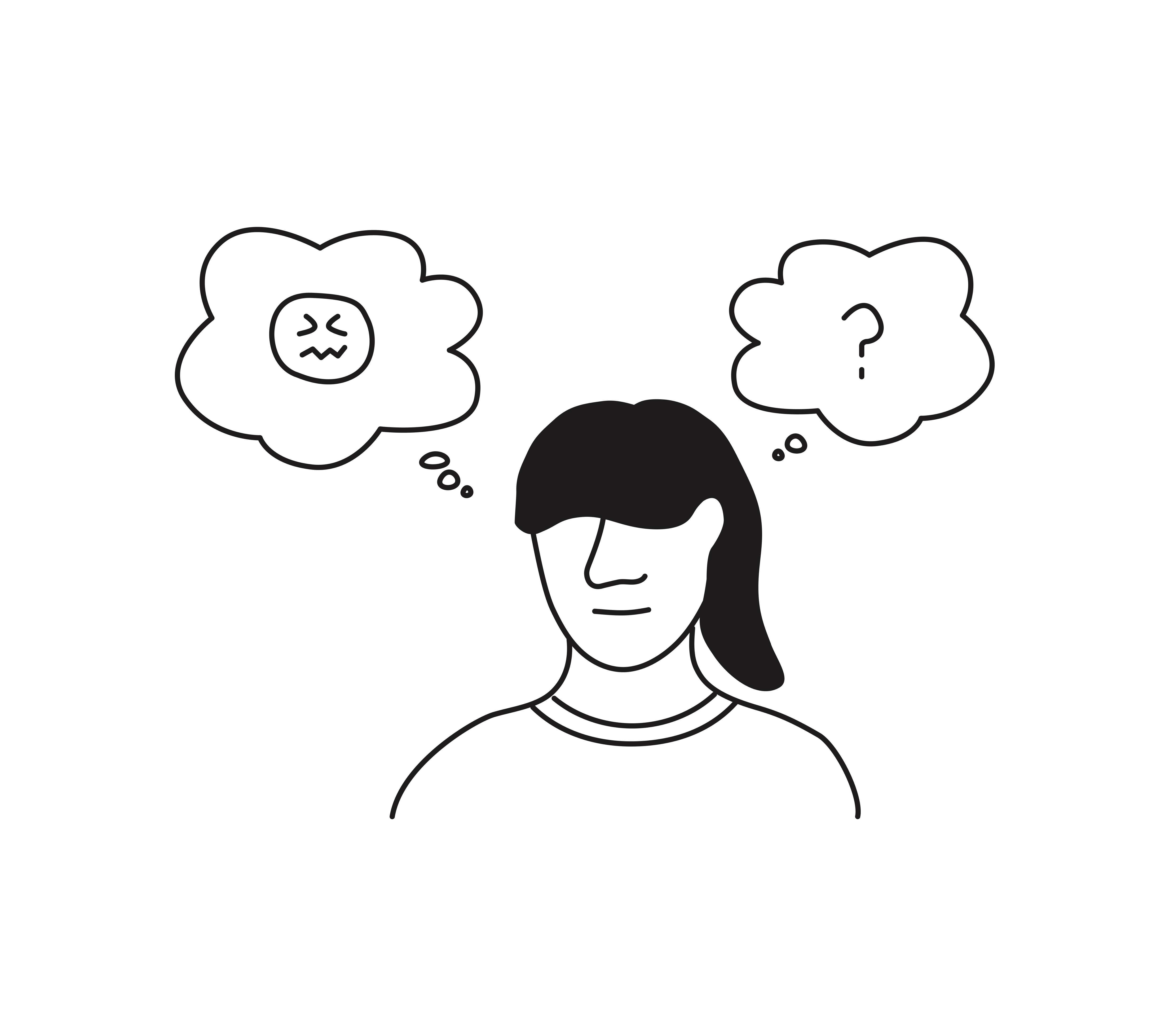Long-term conditions and mental health
Living with a long-term condition (LTC) can take its toll on your mental health as well as your physical health. So it's completely understandable to feel overwhelmed at times.


Managing long-term conditions and your mental health
Dealing with a long-term health condition, whether it’s diabetes, asthma, arthritis, chronic fatigue, or digestive issues, can be incredibly challenging and emotionally exhausting.
It can lead to feelings of social isolation, low self-esteem, and overwhelming stress, especially during flare-ups or while managing pain and medical appointments which may result in anxiety or depression.
Around 40% of people with a long-term health condition have an anxiety and/ or depressive disorder, while 70% of people with medically unexplained symptoms experience mental health comorbidities.
It’s completely normal to feel overwhelmed at times with ongoing challenges can feel difficult to manage.
It’s important to remember that mental health issues are common and there is support available to help manage them.
Supporting your own wellbeing

Relaxation techniques
Relaxation techniques such as breathing exercises can ease your symptoms. Head over to our socials to see short animations on a variety of breathing techniques proven to bring calm.

Practicing self-care
Practising self-care by doing things such as allowing time for rest, spending time outdoors, eating balanced meals, pacing yourself throughout the day, staying connected with others, and celebrating small wins—alongside any medication or treatments you may need to take.

Keep active
Keeping gently active can help support your mood and energy levels. If possible, try to avoid staying in bed for long periods, as this can sometimes make you feel worse. Instead, consider choosing an activity that feels manageable and suits your condition—this might be something light like stretching, walking, or gentle movement. If you’re unsure what’s safe for you, it’s always a good idea to check with your GP or healthcare team.

Learn to notice
Learning to notice unhelpful thought patterns and gently practising more balanced thinking can support your emotional wellbeing. This doesn’t mean ignoring difficult feelings, but rather finding more realistic and compassionate ways to understand situations, which can help reduce distress and improve how you cope day to day. For example, you might notice a thought like: “I’m useless—I can’t do anything right.” A more balanced way to look at this could be: “I’m finding things difficult right now, but that doesn’t mean I’m useless. I’ve managed before, and I can take small steps to move forward.”
Getting Support
While we’re not able to diagnose or treat physical health conditions, we can help with the emotional and psychological impact of living with one—such as low mood, anxiety, or stress.
Mindler (previously ieso) treats a range of common mental health issues including anxiety and worry, depression, post-traumatic stress disorder, obsessive compulsive disorder, phobias, sleep problems, and stress. Online therapy can be especially useful for those who are unable to travel or find it harder to leave the house because sessions take place online from the comfort of your home, from your smart phone or tablet, or anywhere where you connect to the internet.
If you’re experiencing difficulties, it’s important to speak with your GP first. They will be able to talk you through different support options suitable for your needs. One of the things they might suggest is cognitive behavioural therapy (CBT) which helps you to manage your feelings by changing the way that you think and behave.

What we treat
From trouble sleeping to anxiety to depression, mental health conditions can affect many of us in different ways. Mindler clinicians treat a range of common mental health symptoms.
Where to get urgent help

Support is available if you or someone you know is having a mental health crisis or emergency, no matter what you're going through.
If you or someone you know is having a mental health crisis, you can get urgent support here
Or speak to your GP or a mental health professional. Let them know about the symptoms you’re experiencing, and they can support you with what help is available.









